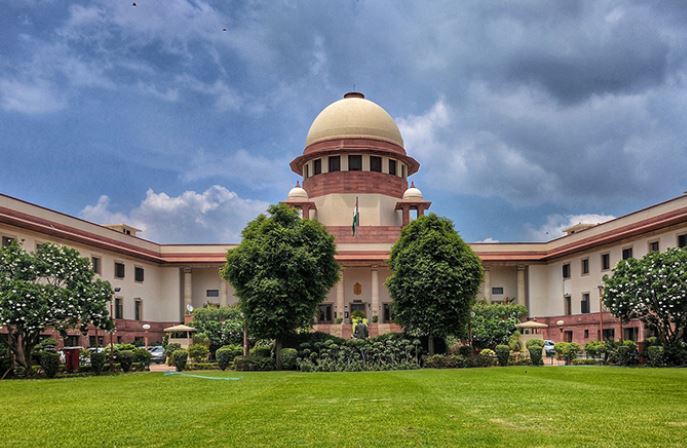NEW DELHI: The Central government on Tuesday filed a preliminary affidavit in the Supreme Court on the petitions challenging the constitutional validity of the Citizenship Amendment Act (CAA) contending that the law doesn’t raise any question of violating the constitutional morality.
The affidavit says the Act does not impinge upon any existing rights that may have existed prior to the enactment of the amendment and further in no manner whatsoever seeks to affect the legal, democratic or secular rights of any of Indian citizens.
The Centre, in the affidavit, said the existing regime for obtaining citizenship of India by foreigners of any country is untouched by the CAA.
“Legal migration, on the basis of valid documents and visa, continues to be permissible from all countries of the world including from the three specified countries,” the affidavit said.
It said the CAA is merely a limited legislative measure, circumscribed in its application which does not affect the existing legal rights or regime concerning citizenship, falling outside the purview of specialised measure, in any manner.
“CAA does not violate any fundamental right provisions of the constitution and therefore, the question of violation of constitutional morality does not arise. Constitutional morality is not an unruly horse and cannot become an independent basis for challenging the constitutionality of validly enacted legislation,” added the affidavit.
According to the affidavit, CAA is a specific amendment, which seeks to tackle a specific problem prevalent in the specified countries like persecution on the ground of religion in light of the undisputable theocratic constitutional position in the specified countries, the systematic functioning of such States and the perception of fear that may be prevalent.
The affidavit said the Parliament is competent to make laws for the whole country. It said that the treatment given to the classified communities in the particular neighbouring countries has been attracting the attention of successive governments but no government took any legislative measure and merely acknowledged the problem.
The top court had on January 22 this year refused to stay the Citizenship (Amendment) Act and granted four weeks’ time to the Centre to file a reply on a batch of over 140 petitions challenging or supporting the Citizenship (Amendment) Act.
Protests had erupted in various parts of the country against the amended law which grants citizenship to Hindu, Sikh, Buddhist, Jain, Parsi, and Christian refugees from Afghanistan, Bangladesh, and Pakistan and came to India before 2015. (ANI)





